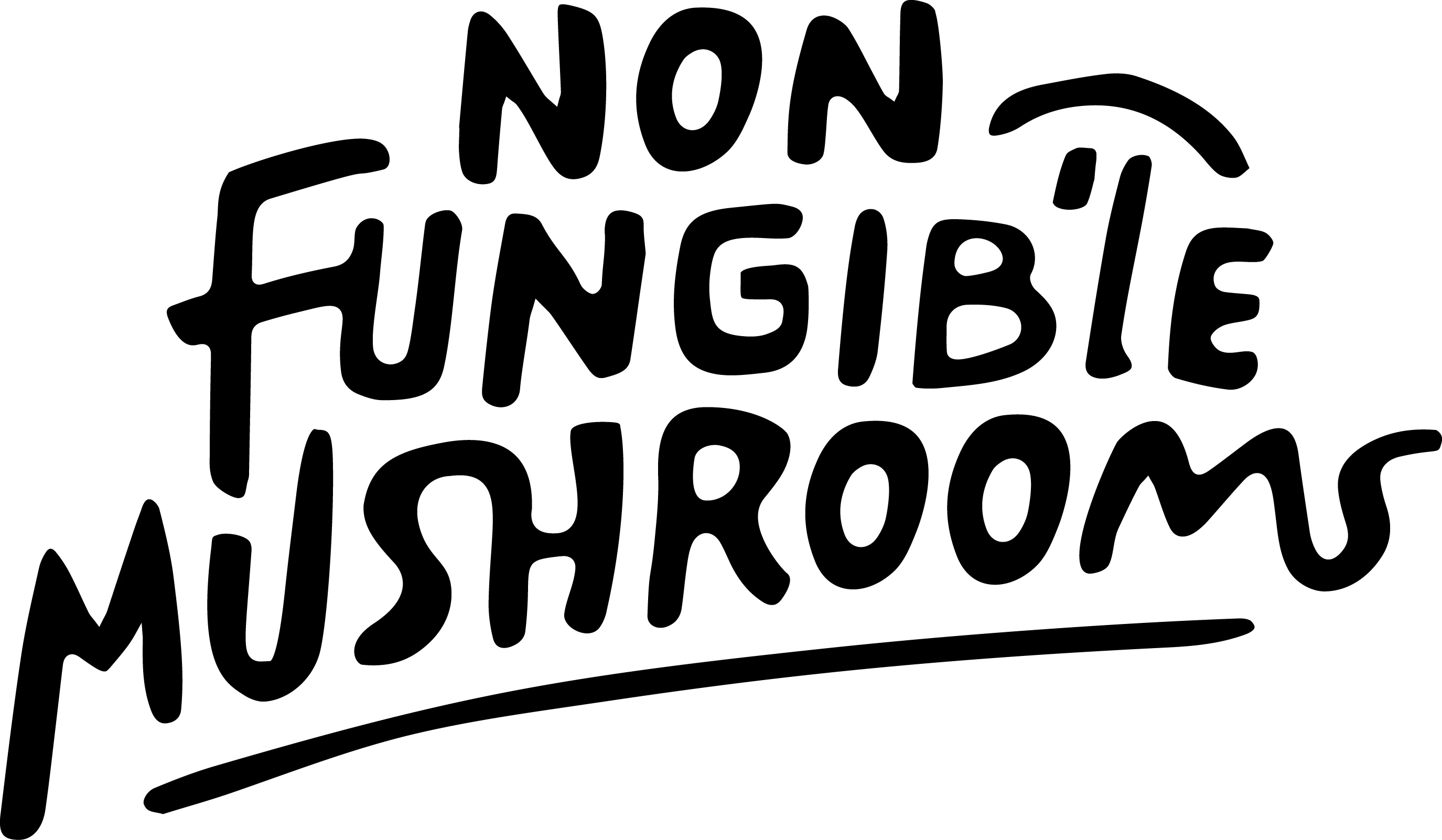Are you on the hunt for a natural energy and mental health boost, but confused between Rhodiola and Ashwagandha? These adaptogens are superstars in stress management, but which one suits you best? Let's dive into their unique benefits, uses, and science to help you decide.
Whether you're battling fatigue, seeking stress relief, or aiming for overall well-being, these adaptogens will be there to assist you. So, let's explore together to find your perfect fit!
But First, know What Adaptogenic Herbs are?
Adaptogenic herbs have been used for centuries in traditional medicine for their ability to enhance vitality, balance bodily systems, and boost resilience against stress.
Ashwagandha and Rhodiola are two of the most prominent adaptogens. Ashwagandha helps reduce anxiety and improve stress resilience, while Rhodiola enhances energy and mental performance. These herbs are widely used for stress management and overall health optimization.
For those exploring natural adaptogens beyond Rhodiola and Ashwagandha, Non-Fungible Mushrooms offers a range of organic mushroom blends designed to support energy, focus, and overall health.
What is Ashwagandha?
Ashwagandha, scientifically known as Withania somnifera, is a prized herb in Ayurvedic medicine, originating from the drier regions of India, the Middle East, and parts of Africa. This ancient adaptogen is celebrated for its ability to fortify the body against stress and strain. It has been used for centuries not only to boost energy and improve concentration but also to rejuvenate the body and restore optimal health after periods of illness.

-
Stress Reduction: Ashwagandha is renowned for its cortisol-lowering effects, which help reduce stress and mitigate the symptoms of anxiety.
-
Hormonal Balance: This herb supports the adrenal glands and thyroid, helping to stabilize hormones that influence energy, mood, and overall vitality.
-
Blood Sugar Regulation: Numerous studies have demonstrated that Ashwagandha may enhance insulin sensitivity and help manage blood glucose levels, beneficial for those with diabetes or at risk of the condition.
-
Anti-inflammatory and Antioxidant Effects: Its rich antioxidant properties combat oxidative stress and inflammation, key contributors to chronic diseases and aging.
Forms Available and Recommended Dosages
Ashwagandha's versatility in form allows it to be incorporated easily into daily routines:
-
Capsules: Typically contain 300-500 mg of the root extract; ideal for those seeking convenience and precision in dosage.
-
Powder: Can be mixed into smoothies or used to brew herbal teas; dosages generally range from 1/4 to 1/2 teaspoon, taken once or twice daily.
-
Teas and Tinctures: These are milder and suitable for those preferring a gradual release or who enjoy the ritual of drinking tea.
Potential Side Effects
While Ashwagandha is safe for most individuals, it can cause:
-
Digestive Issues: High doses may lead to stomach upset, including nausea and diarrhea.
-
Sedative Effects: It may enhance the effects of sedative drugs and alcohol, cautioning against use when engaging in activities that require alertness.
-
Allergic Reactions: Although rare, some people may experience allergic reactions such as rashes or itching.
Precautions While Taking Ashwagandha
-
Medical Consultation: Always consult with a healthcare provider before starting, especially if you are pregnant, breastfeeding, or have chronic health issues.
-
Medication Interference: Be aware of potential interactions with other medications, particularly those for thyroid, diabetes, and hypertension.
-
Start with Smaller Doses: To gauge body response and adjust accordingly without overwhelming the system.
Optimal Timing for Consumption
-
Morning or Early Afternoon: Ideal for boosting daytime energy and mental clarity without disrupting night-time sleep.
-
Evening: Helpful for promoting relaxation and improving sleep quality, especially if taken a few hours before bedtime.
Interested in exploring products that complement the stress-relieving benefits of Ashwagandha? Non-Fungible Mushrooms’ organic Clam blends can be a natural extension of your wellness routine
What is Rhodiola?
Rhodiola rosea, commonly known as golden root or arctic root, originates from the cold, mountainous regions of Europe and Asia. Its use dates back centuries, valued by Vikings and ancient Chinese emperors alike for its remarkable ability to enhance physical strength and mental endurance. The robust nature of Rhodiola, thriving in harsh climates, mirrors its impact on human health, offering resilience and improved endurance against environmental and psychological stressors.
Broad Spectrum of Benefits
-
Mood Support: Rhodiola effectively stabilizes mood and reduces symptoms of depression by influencing key neurotransmitters such as serotonin and dopamine, essential for mood regulation.
-
Cognitive Improvement: It enhances cognitive functions like focus, concentration, and memory, especially beneficial during stressful periods when cognitive performance typically suffers.
-
Energy Enhancement: Rhodiola boosts sustained energy levels by increasing the body’s capacity to produce ATP, the energy currency of the cell, which is particularly advantageous for enhancing physical performance and endurance.
Forms Available and Recommended Dosages
Rhodiola can be found in various forms, each offering unique advantages:
-
Capsules and Pills: Commonly contain standardized extracts of active compounds like rosavins and salidrosides, with typical dosages ranging from 100 to 400 mg per day.
-
Powders and Teas: Provides more gradual absorption and can be enjoyed as part of daily meals or as a standalone herbal tea. Check out the highly reviewed Mind Mushroom Adaptogen Powder to seamlessly blend it into your preferred beverages
-
Tinctures: Offer quick absorption and dosage flexibility, ideal for those seeking immediate effects.
Potential Side Effects
Although Rhodiola is generally well-tolerated, it can occasionally cause:
-
Jitters and Agitation: Particularly at higher doses or when taken on an empty stomach.
-
Dizziness and Dry Mouth: These less common symptoms can occur, especially among those new to adaptogenic herbs.
Precautions While Taking Rhodiola
-
Consult Your Doctor: Before starting Rhodiola, especially if you have medical conditions or are taking other medications.
-
Start with Low Doses: To assess tolerance and adjust accordingly.
-
Avoid Before Bedtime: Due to its stimulating effects, Rhodiola is best taken in the morning or early afternoon to avoid disrupting sleep.
-
Monitor Blood Pressure: As Rhodiola can affect blood pressure levels, those with hypertension or hypotension should use it cautiously.
Optimal Timing for Consumption
-
Morning or Early Afternoon: Maximizes the energizing effects without impacting sleep, enhancing daytime performance and overall daily well-being.
Adding Rhodiola to your wellness routine can offer significant benefits, particularly for those looking to naturally manage stress and boost both mental and physical performance. Always consult with a healthcare provider to ensure it is appropriate for your specific health needs and conditions, and to integrate it safely into your health regimen.
Key Differences Between Ashwagandha & Rhodiola
|
Benefits
|
Ashwagandha
|
Rhodiola
|
|
Stress Relief
|
Excellent for reducing cortisol and managing stress.
|
Known for enhancing the body’s stress resilience.
|
|
Energy Levels
|
Boosts energy subtly and can improve stamina.
|
Promotes a significant increase in energy and stamina, ideal for physical activities.
|
|
Cognitive Function
|
Supports memory enhancement and protects against cognitive decline.
|
Improves cognitive function, especially under stress, and enhances concentration.
|
|
Mood Regulation
|
Has a calming effect, useful in reducing anxiety.
|
Acts as a mood stabilizer and can help alleviate symptoms of depression.
|
|
Hormonal Balance
|
Regulates hormones related to thyroid and reproductive health.
|
Less focused on hormonal regulation but supports overall hormonal balance through stress reduction.
|
|
Blood Sugar Control
|
Can help reduce blood sugar levels and improve insulin sensitivity.
|
Not primarily known for impacting blood sugar levels.
|
|
Anti-inflammatory
|
Strong anti-inflammatory properties that help in overall wellness and pain relief.
|
Offers antioxidant properties that indirectly reduce inflammation.
|
Recommendations Based on Health Goals
-
For Stress and Anxiety Management: Choose Ashwagandha. It's effective in reducing stress and anxiety by lowering cortisol levels and has a calming effect on the nervous system.
-
For Energy and Endurance: Opt for Rhodiola. If your goal is to boost physical performance or enhance your stamina during strenuous activities, Rhodiola can provide the necessary energy boost.
-
For Hormonal Issues: Ashwagandha is preferable for those dealing with hormonal imbalances or thyroid issues, given its regulatory effects on hormonal health.
-
For Cognitive Function Under Stress: Rhodiola shines in situations where both mental clarity and physical stamina are required under stressful conditions, making it ideal for high-stakes environments.
Regardless of whether Ashwagandha or Rhodiola suits your needs better, incorporating Non-Fungible Mushrooms’ organic products into your daily regimen might provide a comprehensive approach to achieving your health goals.
What Happens When Ashwagandha and Rhodiola Are Combined?
Combining Ashwagandha and Rhodiola can create a synergistic effect that leverages the unique strengths of each adaptogen. However, like any herbal regimen, understanding the potential interactions and the appropriate circumstances for their combined use is crucial.
Benefits of Using Both Herbs Together
-
Enhanced Adaptogenic Effect: By combining Ashwagandha and Rhodiola, you might experience both improved stress resilience and increased energy levels. Ashwagandha is excellent for reducing stress and anxiety by regulating cortisol levels, while Rhodiola excels in boosting energy and mental clarity.
-
Complementary Benefits: These herbs together could potentially offer a comprehensive adaptogenic formula, balancing stress reduction with energy enhancement, which might be particularly beneficial during demanding times when both mental and physical endurance are needed.
Risk Against Combined Use Due
-
Overstimulation Risks: While Rhodiola increases energy, Ashwagandha can be mildly sedative. In some individuals, this combination might lead to conflicting effects, causing symptoms like jitteriness or difficulty sleeping, especially if taken in high doses or later in the day.
-
Individual Sensitivity: Everyone reacts differently to adaptogens. For some, combining these herbs might result in an optimal balance, while for others, it could lead to overstimulation or underperformance in expected benefits.
Importance of Consulting Healthcare Professionals
-
Expert Guidance Needed: Before starting any new supplement regimen, particularly one involving multiple adaptogens, it's essential to consult with a healthcare provider. They can offer personalized advice based on your health history, current medications, and overall health goals.
-
Monitoring Interactions: A healthcare professional can help monitor for any adverse reactions or interactions between the herbs and other medications, ensuring your regimen is both safe and effective
Conclusion
In wrapping up the Rhodiola vs. Ashwagandha debate, it's clear that each herb has its superpowers. Whether you need a surge in energy and mental sharpness with Rhodiola or a calming influence and hormonal harmony with Ashwagandha, the right choice depends on your unique health goals.
Combining multiple adaptogens can sometimes feel complex. Non-Fungible Mushrooms simplifies this with well-balanced blends tailored to support both energy and relaxation, without the guesswork



